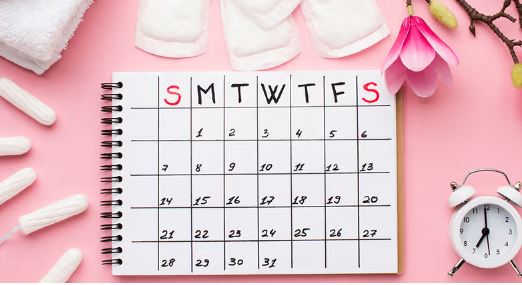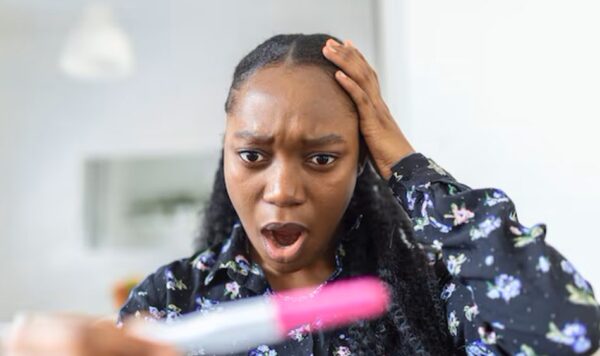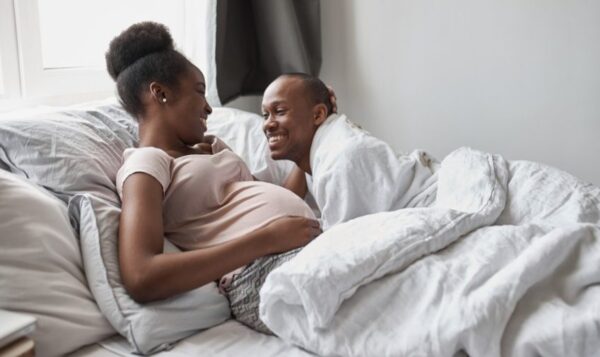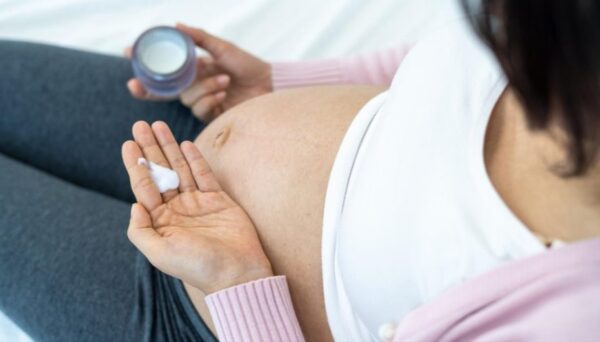Lifestyle
How many days in a month can a woman get pregnant?

Whether you are looking for a baby or you are active sexually and you want to avoid getting pregnant, it’s important to know how many days in a month a woman is most fertile.
The myth that a woman can get pregnant any time of the month is false, as eggs and sperm only live for a short time.
Eggs can only be fertilised for 24 hours after being released from the ovary while sperm lasts around five days.
How many days in a month can a woman get pregnant?
Pregnancy is technically only possible if you have sex during the five days before ovulation or on the day of ovulation.
But the most fertile days are the three days leading up to and including ovulation. Having sex during this time gives you the best chance of getting pregnant.
By 12-24 hours after ovulation, a woman is no longer able to get pregnant during that menstrual cycle because the egg is no longer in the fallopian tube.
There’s almost no chance of getting pregnant if you have sex before or after the fertile window (but if you’re not trying to get pregnant, don’t rely on this; contraception is your best option as you may get a surprise baby).
The fertile window
The ‘fertile window’ refers to the days in a woman’s menstrual cycle when pregnancy is possible, depending on the length of the cycle.
It occurs when an egg is released from the ovary five days before intercourse.
Ovulation takes place when a mature egg moves down the fallopian tube, where it can be fertilized.
If sperm is present during ovulation, the egg is likely to be fertilised, creating an embryo that can grow into a baby.
How to track ovulation
Tracking your menstrual cycle can help identify fertile days and increase conception chances or prevent you from having sex on those days if you are avoiding pregnancy.
Use a menstrual calendar, diary, or period-tracking app to record your cycle. To calculate your cycle length, start counting on the first day of your period (day 1). The last day of your cycle is the day before your next period begins.










